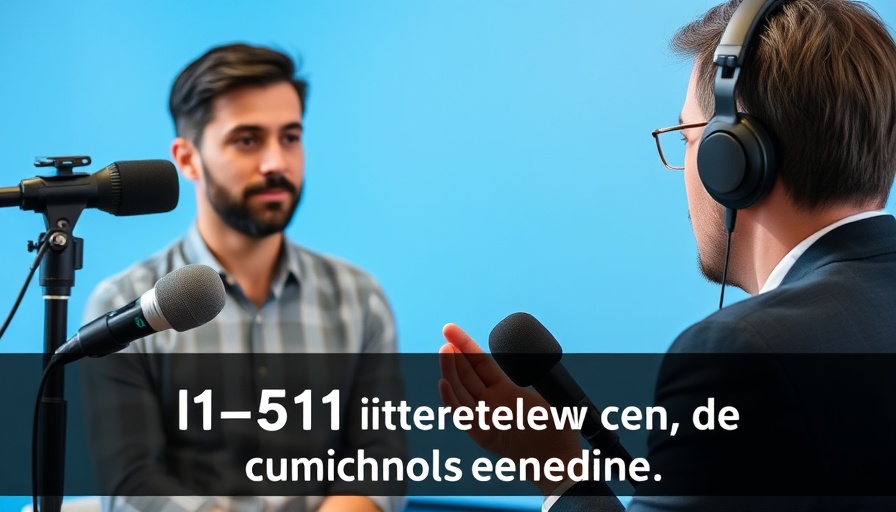
The Uncertainty Around I-751 Interview Scheduling
One of the most pressing concerns for immigration attorneys working with clients who have filed Form I-751, the Petition to Remove Conditions on Residency, is the timeline for interview scheduling. This process, designed to verify the authenticity of a marriage under U.S. immigration law, can be fraught with uncertainty. As highlighted in the video, the timeline for these interviews varies widely. Some applicants might wait closer to two years for an interview, while others may find their interview scheduled much sooner. This inconsistency fuels frustration and impatience among clients navigating the complexities of immigration law.
The Role of Automatic Extensions
The U.S. Citizenship and Immigration Services (USCIS) provides a 48-month extension for those who file Form I-751. This automatic extension not only allows applicants to maintain their legal status but also provides essential peace of mind amidst the waiting period. In the video, it’s mentioned that several experiences indicate that timelines seem unpredictable—making the extension a crucial safety net while awaiting an interview date. For immigration attorneys, understanding these extensions can help set realistic expectations for clients.
Keeping Clients Informed
Social media plays a vital role in sharing timely updates regarding the immigration process. The video notes that process updates are communicated on platforms like Instagram and Facebook, where immigration attorneys can keep track of trends and timelines through engagement and community feedback. By regularly checking these updates, attorneys can better inform their clients about what to expect at various stages of the I-751 process, thus allowing for more supportive client relationships.
Consultation Strategies for Attorneys
For immigration attorneys, crafting effective communication strategies can enhance client experiences significantly. Providing clients with a clear understanding of the likely timelines and potential obstacles can help alleviate anxiety. This communication can involve not just updates on their specific case but general information about trends that have emerged within the I-751 petition context.
Furthermore, it’s essential for attorneys to encourage their clients to remain patient and prepared. Offering guidance on what to expect during the interview process and discussing the types of evidence that may strengthen the case can empower clients and build confidence in their situation.
Monitoring Changes in Immigration Policy
Lastly, keeping abreast of changes in immigration policy is fundamental for the legal profession, particularly for those specializing in immigration law. The video emphasizes trends and community insights—elements that can give attorneys a better grasp of shifting landscapes in immigration procedures. By staying informed about both legislative changes and client experiences, attorneys can adjust their practices to serve their clients better and stay ahead of the curve in an ever-changing legal arena.
In conclusion, the video “How long after filing form I-751 will my interview be scheduled?” presents critical insights into the I-751 process. While uncertainty persists, immigration attorneys have the opportunity to navigate these challenges with compassion and empowerment. By utilizing resources available via social media and maintaining open lines of communication, they can significantly enhance their client interactions.
 Add Row
Add Row  Add
Add 

 Add Row
Add Row  Add Element
Add Element 




Write A Comment